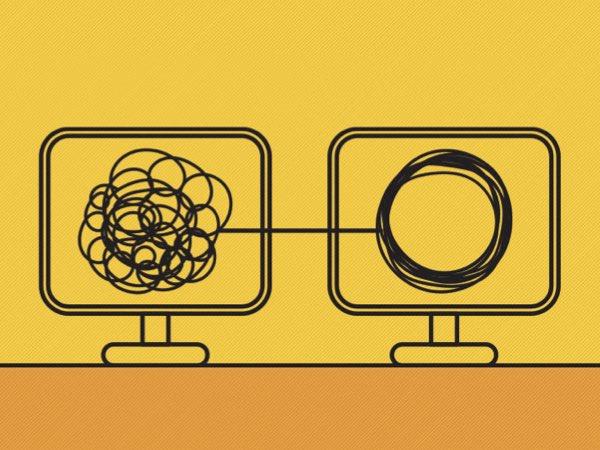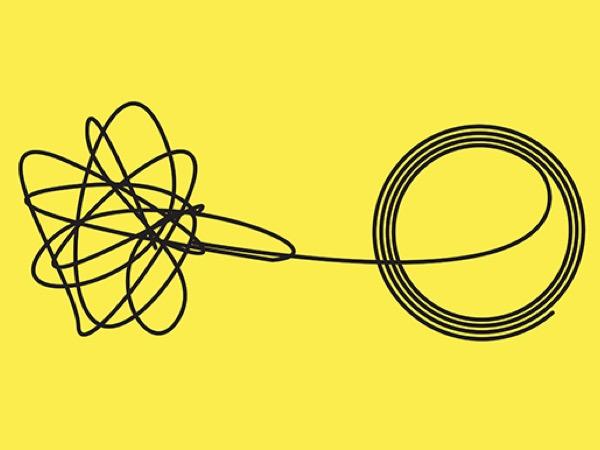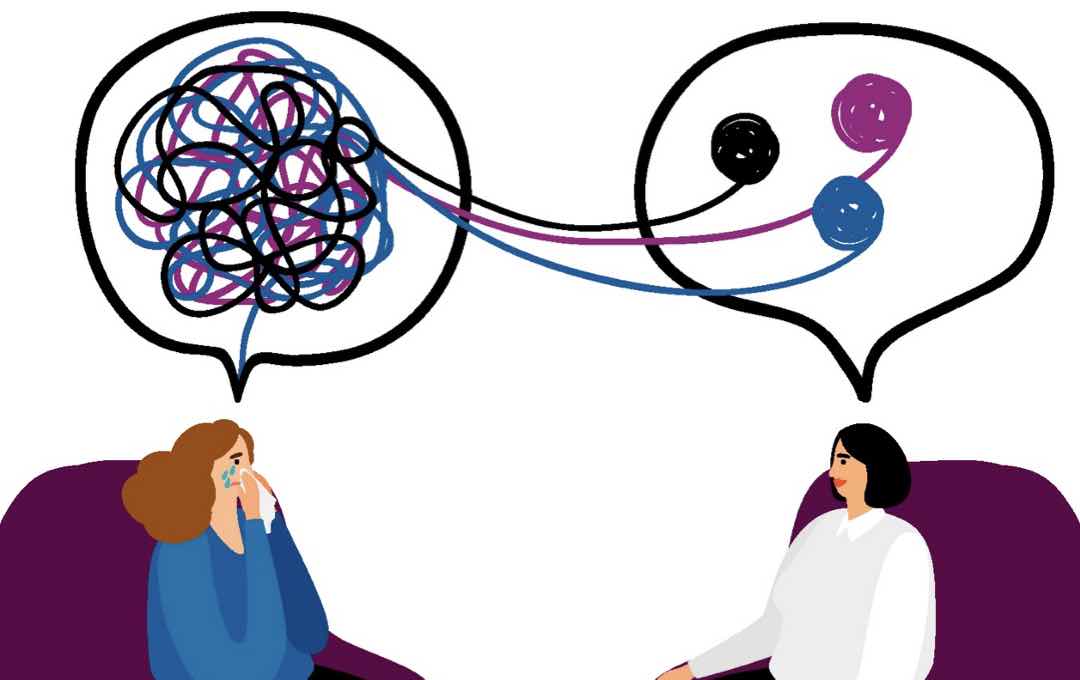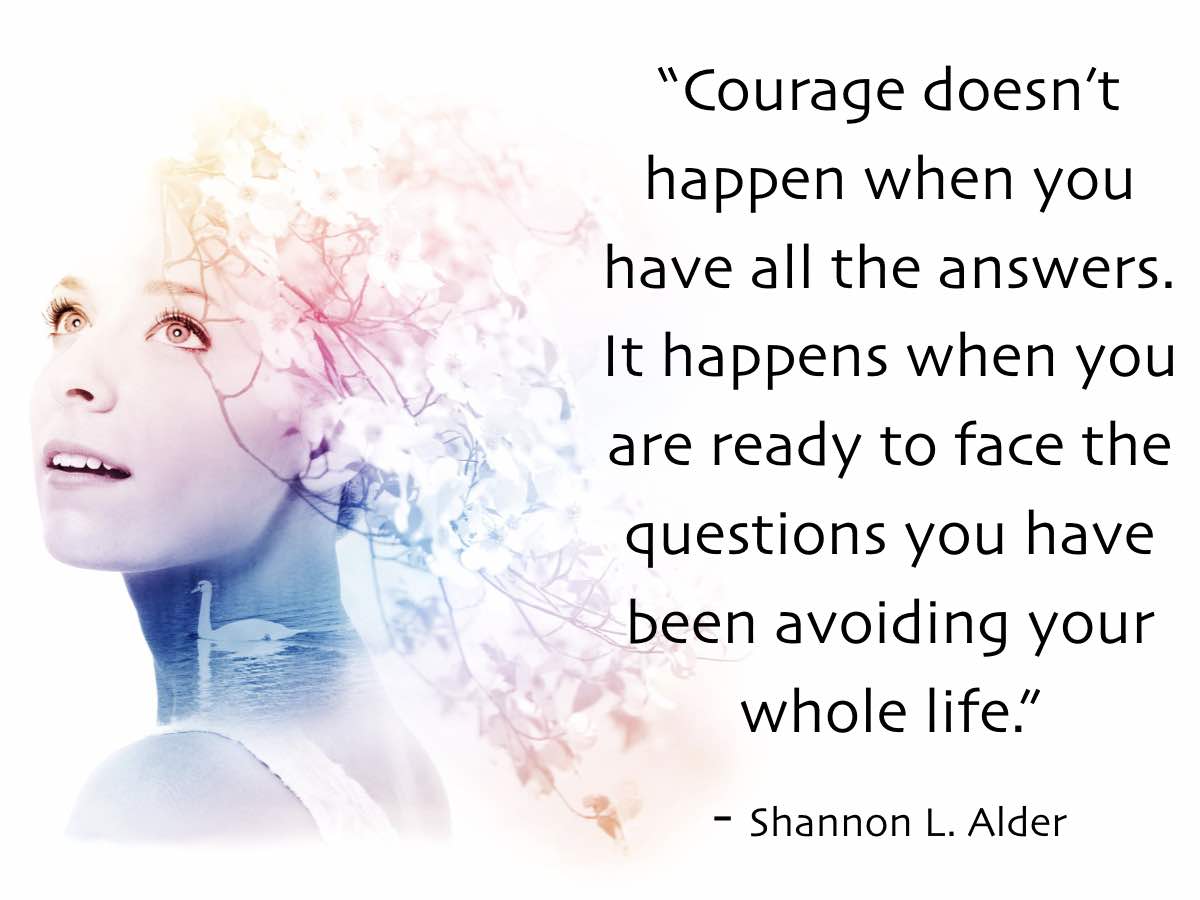Counselling Services
One of the great things about entering midlife is that your life makes more sense and you gain a clearer understanding of who you are.
The author Parker J Palmer captured the challenge of integrating our wounds, blindspots and mistakes saying:
“What a long time it can take to become the person one has always been! How often in the process we mask ourselves in faces that are not our own. How much dissolving and shaking of ego we must endure before we discover our deep identity. We are disabused of original giftedness in the first half of our lives. Then - if we are awake, aware, and able to admit our loss - we spend the second half trying to recover and reclaim the gift we once possessed.”
Having transpersonal counselling and doing a great deal of self-development during early adulthood helped me enormously when it came to working through a series of hardships and losses.
Alain de Botton and the organisation he founded, The School of Life, has some great insights into the benefits of counselling. Rather than distinguishing between counselling vs psychologist, he puts the fields under the umbrella of psychotherapy.
Psychotherapist
In the arena of self-knowledge, psychotherapy may be the single most useful intervention of the last 200 years. Therapy is an invention devised to correct the substantial difficulties we face understanding ourselves, trusting others, communicating successfully, honouring our potential and feeling adequately serene, confident, authentic, direct and unashamed. Psychotherapists use talk therapy to help with advice in relationships, careers, family matters and most areas of life.
To deliver on its potential, psychotherapy relies on a number of features.
Benefits of Counselling
6 qualities, or reasons to see a counsellor, mental health therapist or psychiatrist:
Witnessing

In every social interaction, we sensibly ensure that there remains a large and secure divide between what we say and what is truly going on inside our minds.
The exception can be psychotherapy. Here, remarkably, we are allowed to divulge pretty much everything we feel – and indeed, if the process is to work, should strive to do so. We don’t have to impress the therapist or reassure them of our sanity. We need to tell them what is going on.
We can gingerly hint at some very dark things about us and will find that our interlocutor isn’t horrified or offended but, on the contrary, calmly interested. We’re not – we’re learning – monsters or freaks. We arrive at the opposite of loneliness. This may be the first (and perhaps the last) human we are ever properly honest with.
Worldliness

Therapists know a lot about the unvarnished truths of human nature. They have close-up experience of the greatest traumas – incest and rape, suicide and depression – as well as the smaller pains and paradoxes.
They know that inside every adult there remains a child who is confused, angry, hurt and longing to have their say and their reality recognised.
Therapists know the human heart, not primarily through books, but by being courageous about exploring their own nature. They don’t have our precise anxieties, but they know well enough the powerful and peculiar fears that hold us all hostage.
They can start to help us because they have an accurately broad grasp of what it means to be normal – which is, of course, far from what we insist on pretending it might be. They don’t require us to be conventionally good or typical to shore up their fragile sense of self or reality. Their only hope is that we will be able to admit, at last, without too much defensiveness, to some of what is really going on inside us.
Kindness

Psychiatrists are, furthermore, and very gratifyingly, on our side. Without ill intention, most people are not quite; they are intermittently jealous, bored, vindictive, keen to prove a point or distracted by their own lives.
But the therapist brings a focused, generous attention to our case. Their room is set aside from day-to-day pressures. They’re sorry that we suffered. They understand that it must have been worrying, enraging or exciting. They know we didn’t do it on purpose or that if we did we had our reasons.
Without flattering us in a rote way, they strive to enter into our experience and to side with it. They look at reality through our eyes so that they can start to correct a legacy of shame and isolation.
At the same time, their kindness makes ours a bit less necessary. Normal life requires that we constantly weigh the impact of our words on other people. We have to consider their priorities, ask how their children are and hold their concerns in mind.
Here there is no such call. Like a parent who doesn’t need a small child to reciprocate, the therapist voluntarily forgoes equality in the relationship; they won’t talk of their regrets or insist on their anecdotes. They simply want to help us find what is best for us, understood on our terms. They won’t have a preconceived view of how we’re meant to live, just a great deal of sympathy for the complexities and the suffering we’ve endured already.
Listening

It’s one of the structural flaws of these minds that it is immensely hard for us to think deeply and coherently for any length of time. We keep losing the thread. Competing, irrelevant ideas have a habit of flitting across the mental horizon and scrambling our tentative insights.
What helps enormously in our attempts to know our own minds is, surprisingly, the presence of another mind. For all the glamour of the solitary seer, thinking usually happens best in tandem. It is the curiosity of someone else that gives us the confidence to remain curious about ourselves. It is the application of a light pressure from outside us that firms up the jumbled impressions within. The requirement to verbalise our intimations mobilises our flabby reserves of concentration.
Occasionally a friend might be unusually attentive and ready to hear us out. But it isn’t enough merely for them to be quiet. The highest possibilities of listening extend beyond the privilege of not being interrupted. To be really heard means being the recipient of a strategy of ‘active listening.’
As beneficiaries of active listening, our memories and concerns don’t have to fall into neat, well-formed sentences. The active listener contains and nurtures the emerging confusion. They gently take us back over ground we’ve covered too fast and prompt us to address a salient point we might have sidestepped; they will help us chip away at an agitating issue while continually reassuring us that what we are saying is valuable.
They’re not treating us like strangely ineffective communicators; they’re just immensely alive to how difficult it is for anyone to piece together what they really have on their minds.
Time

Therapy is built on the understanding that we will not be able to transmit our key experiences in one or two self-contained blocks. We live in time and have to decode ourselves at different periods. Things emerge, sometimes very slowly, over months. We can’t be in all the moods we need to access on every occasion.
Some weeks will find us readier than others to investigate particular memories or consider certain viewpoints. So long as we keep showing up and sharing, we’ll drop enough clues to assemble – eventually – a psychological portrait of the self, like an ancient vase slowly being pieced together from fragments scattered across miles of sand.
Interpretation

The therapist’s active listening is not meandering: what underpins it is an attempt to understand – for our sake – how the subterranean operations of the past are affecting the present.
Psychotherapy knows that thinking is hugely important – but on its own, within the therapeutic process itself, it is not the key to fixing our psychological problems. It insists on a crucial difference between broadly recognising that we were shy as a child and re-experiencing, in its full intensity, what it was like to feel cowed, ignored and in constant danger of being rebuffed or mocked; the difference between knowing, in an abstract way, that our mother wasn’t much focused on us when we were little and reconnecting with the desolate feelings we had when we tried to share certain of our needs with her.
Therapy builds on the idea of a return to live feelings. It’s only when we’re properly in touch with our feelings that we can correct them with the help of our more mature faculties – and thereby address the real troubles of our adult lives.
Oddly, this means intellectual people can have a particularly tricky time in therapy. They get interested in the ideas. But they don’t so easily recreate and exhibit the pains and distresses of their earlier, less sophisticated selves, though it’s actually these parts of who we all are that need to be encountered, listened to and – perhaps for the first time – comforted and reassured.
Benefits of Psychotherapy
What sort of person, then, might we be after therapy, if the process goes as well as could be hoped?
We’ll have slightly more freedom. A key feature of the defences we build up against our primal wounds is that they are rigid and so limit our room for manoeuvre. The more we understand the original challenges and the logic of our responses to them, the more we can risk deviating from whom we once felt we had to be in order to survive. Perhaps we can, after all, afford to hope; or be less afraid, or spend some time alone, or try a new professional path.
We realise that what we had believed to be our inherent personality was really just a position we had crouched into in order to deal with a prevailing atmosphere. And having taken a measure of the true present situation, we may accept that there could, after all, be other, sufficiently safe ways for us to be.
We can be readier to explain ourselves. We had learned to be ashamed and silent. But the therapist’s kindness and attention encourage us to be less disgusted by ourselves and furtive around our needs. Having once voiced our deeper fears and wishes, they become ever so slightly easier to bring up again with someone else. There may be an alternative to silence.

With a greater sense of our right to exist, we may become better able to articulate how it feels to be us. Instead of just resenting another person’s criticism, we might explain why we believe they have been unjust to us. Instead of trying to pretend that nothing is ever our fault, we can offer a candid explanation of one or two of our (unfortunate) limitations.
We can be more compassionate. We will inevitably, in the course of therapy, realise how much we were let down by certain people in the past. A natural response might be blame. But the eventual, mature reaction (building on an understanding of how our own flaws arose) will be to interpret others’ harmful behaviour as a consequence of their own disturbance. The people who caused our primal wounds almost invariably didn’t mean to do so; they were themselves hurt and struggling to endure.
As Miller Williams expressed in her short poem, Compassion:
Have compassion for everyone you meet,
even if they don’t want it. What seems conceit,
bad manners, or cynicism is always a sign
of things no ears have heard, no eyes have seen.
You do not know what wars are going on
down there where the spirit meets the bone.
Finding a therapist you feel comfortable with is essential for deep work to unfurl.
When it comes to where to get counselling, ask yourself if you do best face-to-face or whether online counselling or phone counselling suits your schedule better.
Another tip to find a counselor you resonate with is to give them a quick call and see what response is evoked.
Feel free to phone me and find out more.

